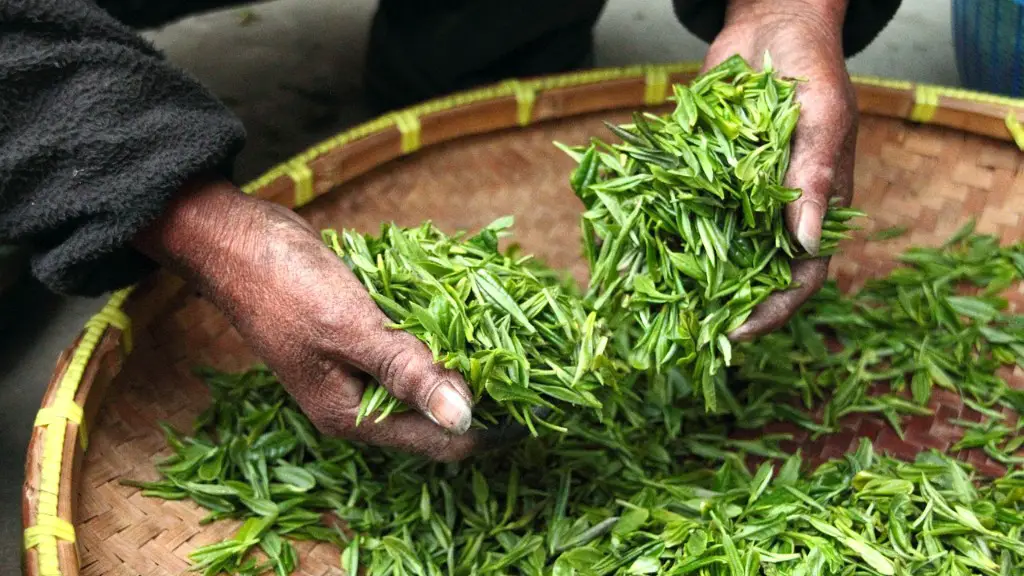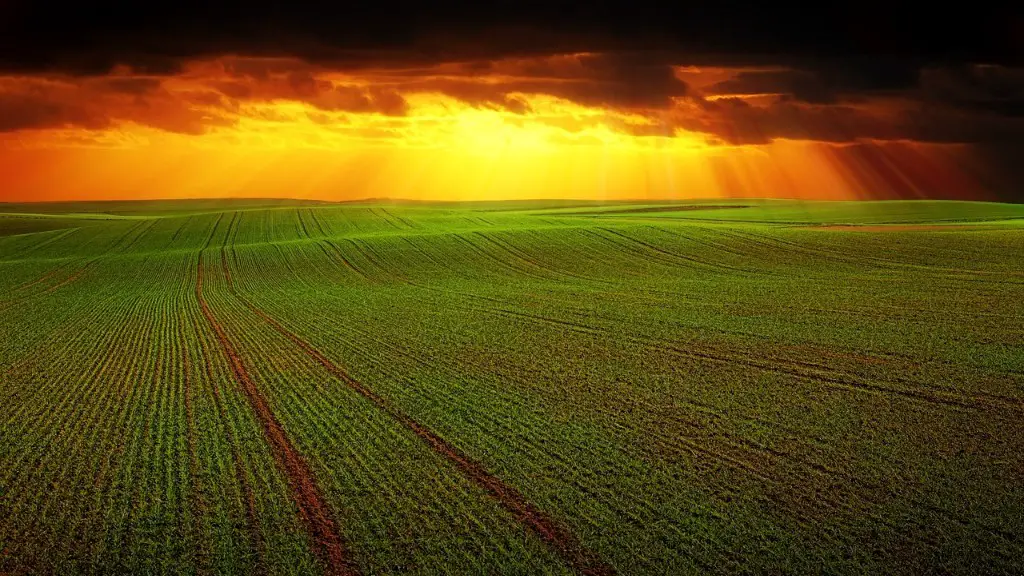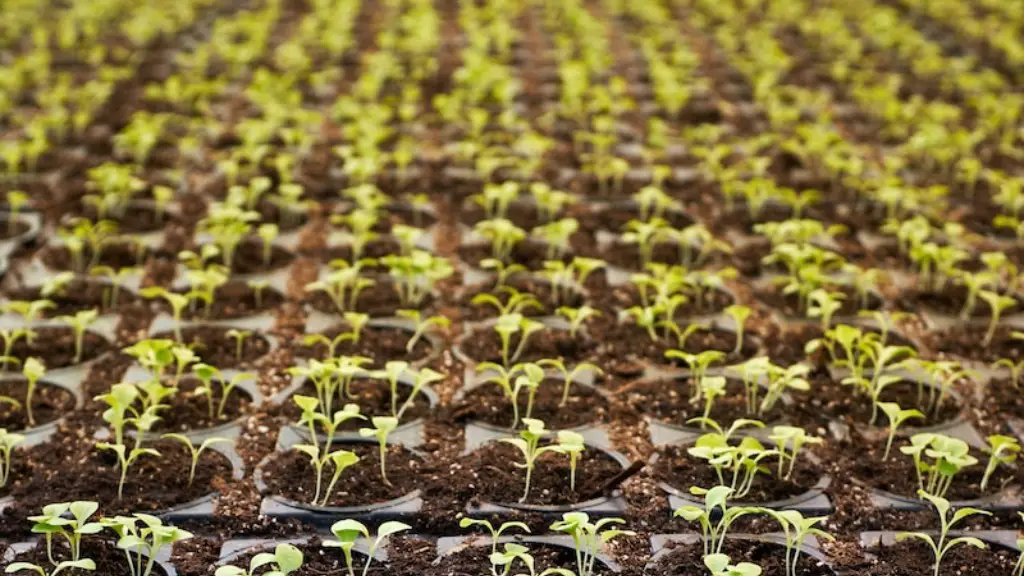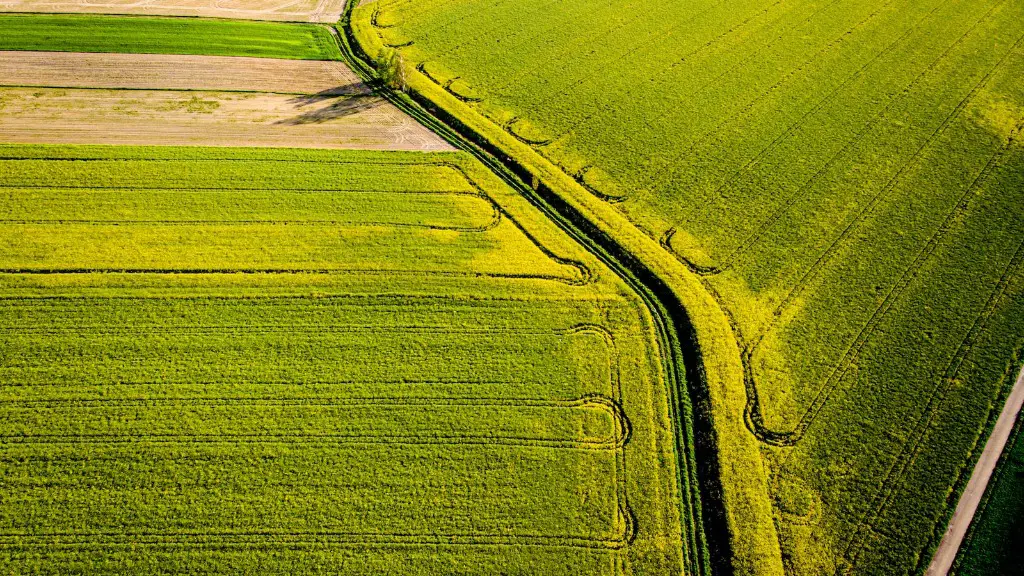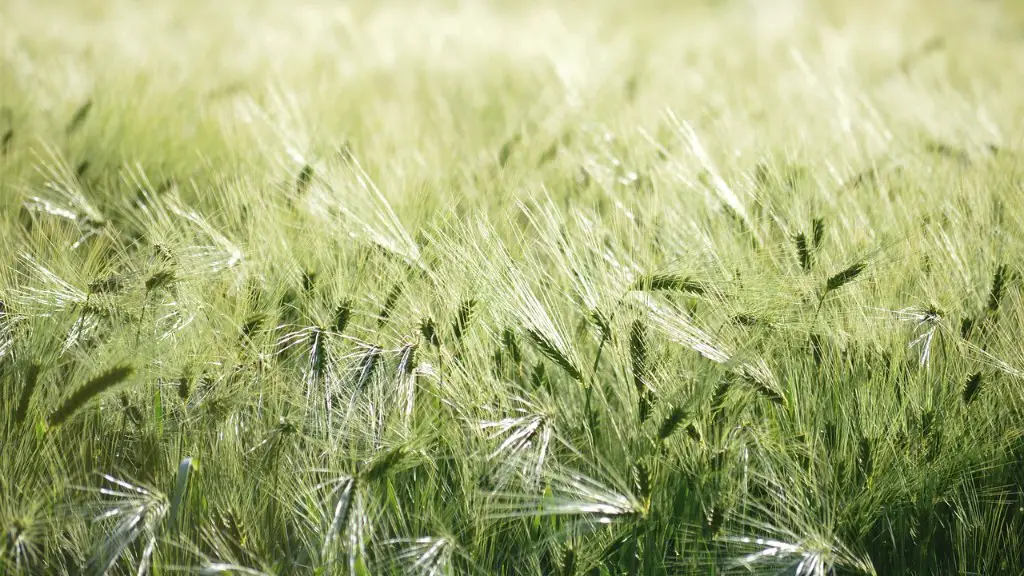The way in which land is owned and managed has a significant effect on agricultural production and food security. Land tenure is the legal relationship between people and the land they live on and use. It encompasses the rights and responsibilities associated with the use and ownership of land. In many countries, land tenure is a contentious issue, as different groups vie for control over scarce resources. Poor land tenure can lead to landlessness, eviction, and insecurity, which can in turn lead to hunger and poverty. Good land tenure, on the other hand, can promote economic growth, food security, and environmental protection.
The type of land tenure system in a country can affect both the incentives for agricultural investment by landowners and the security of land tenure for agricultural producers. In countries with communal land ownership, for example, landowners may have little incentive to invest in long-term improvements to their land, because they do not retain the benefits from those investments. On the other hand, countries with private land ownership may provide greater security of land tenure for agricultural producers, which can encourage investments in productivity-enhancing agricultural technologies.
How does land tenure affect local and regional agriculture?
Land tenure and property rights are important for the application of technologies for agricultural and natural resource management. Secured property rights give farmers the incentive to increase their efficiency and productivity, and ensure environmental sustainability.
Agricultural land use practices can have a significant impact on the growth of invasive plants. Overgrazing, land conversion, fertilization, and the use of agricultural chemicals can all contribute to the growth of these plants. Invasive plants can alter fish and wildlife habitat, contribute to decreases in biodiversity, and create health risks to livestock and humans. It is therefore important to be mindful of these impacts when choosing land use practices.
What are the effects of land tenure system on agriculture in Nigeria
An efficient system of land tenure and land right contributes to the general economic development by assisting agriculture in contributing to industrial development through the production of food, capital, raw materials, labour, foreign exchange and expanded market. In an efficient system of land tenure and land right, landowners have the incentive to invest in and improve their land, and tenants have the security to invest in long-term improvements. This results in increased productivity and incomes for both landowners and tenants, which leads to economic development.
Farmland tenure is the set of rules and regulations that govern the use and control of farmland. These rules and regulations can have a significant impact on farm decisions, including those related to production, conservation, and succession planning.
What are the effects of land tenure?
Hanstad’s previous study argues that having secure land tenure is key to increasing agricultural production and reducing poverty. This is because land tenure security positively affects access to credit and agricultural investments.Other studies have also found that land tenure security is associated with increased agricultural productivity (Besley, 1995; H G.de Groot, 2006).
Secure land tenure is an important institutional factor affecting agricultural technology utilization by smallholder farmers. It provides incentives for greater investment to enhance the productivity of the land. By providing security of land tenure, farmers are able to make long-term investments in agricultural technologies that can improve their productivity.
What causes loss of agricultural land?
The loss of agricultural land is a serious problem that has many causes. One of the main causes is land degradation, which is when soil components move from one location to another by wind or water. This can make the land unsuitable for farming. Agricultural land is also being lost because it is being converted for other purposes, such as highways, housing and factories. This is a major problem because it reduces the amount of land available for food production. It also has a negative impact on the economy, as it can lead to job losses in the agricultural sector.
Agriculture is an important part of the economy because it provides food for people and animals. It also provides environmental benefits by helping to keep the land healthy and productive. Protecting agricultural land is essential for long-term food security and for the environment.
What of land is used for agriculture
Agricultural production is a major use of land, accounting for roughly 52 percent of the US land base. This is an important fact to consider when thinking about land use and conservation. Agricultural production requires land for growing crops and raising livestock. This land use can have a significant impact on the environment.
There is a lot of debate surrounding the benefits of secured land rights for farmers. Some argue that it encourages farmers to invest in sustainable development for long-term benefits, while others argue that many farmers with unsecured land rights are more interested in gaining short-term benefits from their investment. However, there are benefits and drawbacks to both approaches and it ultimately depends on the situation and preferences of the farmer.
What are the benefits of land tenure?
Land tenure security is extremely important for social inclusion, especially in rural communities. When people have secure access to land, they are more likely to be empowered, have better economic security, and be able to make decisions in their household. This is especially important for women and girls, who often face discrimination and exclusion.
The land tenure system in India refers to the system of ownership and control of land. The system differs from region to region, and has been a source of conflict. In some cases, the government holds land in trust for the community, and later releases such land for building industrial layout, making lands unavailable for agricultural activities. This has led to displacement of farmers and loss of livelihood. The government needs to ensure that the land tenure system is fair and equitable, and that the rights of the community are protected.
What are the disadvantages of land tenure
The inheritance tenure system has a number of disadvantages:
-The misuse and abuse of land can lead to other problems such as erosion and general degradation of the soil which then affects farming and economic activities.
-Inequality: The individual land tenure system also allows for unequal access to land. This can create social tensions and conflict, as well as economic problems.
-Uncertainty: The tenure system can be subject to change, for example through government policy or changes in the law. This can create uncertainty for landowners and can lead to problems in planning for the future.
Land tenure system is a system that helps farmers to establish rights of ownership of land. This system would help the farmers to establish a link between the cultivators and the government. Land tenure system makes the ownership of land more secure and permanent, which is very much important for the development of agriculture.
What are the types of land tenure system in agriculture?
The land tenure system is the system by which land is held by individuals or groups, and the legal rights and obligations associated with that land. There are a variety of land tenure systems around the world, each with its own set of rules and regulations.
Communal land tenure system is a system in which land is owned by a community or group of people, and individuals have the right to use and occupy the land, but do not have the right to sell or transfer it.
Inheritance tenure system is a system in which land is inherited by family members, and the rights and obligations associated with the land are passed down from generation to generation.
Leasehold tenure system is a system in which land is leased from the owner, and the lessee has the right to use and occupy the land for a specified period of time.
Rent tenure system is a system in which land is rented from the owner, and the tenant has the right to use and occupy the land for a specified period of time.
There is a general belief that people who have extensive rights to land are generally more able to enjoy a sustainable livelihood than those who have only limited rights to land. This is because those with extensive rights are able to make use of the land in a way that is best suited to their needs, and they are also more likely to have the resources and support necessary to sustain themselves. However, it should be noted that there are also many people who are landless who are able to enjoy a sustainable livelihood, often through access to other resources or through land-sharing arrangements with those who do have extensive rights to land. Ultimately, the ability to enjoy a sustainable livelihood depends on a variety of factors, and no one group of people can be said to have a monopoly on this.
Warp Up
There are a few ways that land tenure can affect agriculture. One way is that it can influence what crops are grown. For example, if a landowner only has a short-term lease on their land, they may be less likely to invest in long-term crops like trees. Another way that land tenure can affect agriculture is through its impact on labor. If landowners have secure tenure over their land, they may be more likely to invest in labor-saving technologies or hire workers for longer periods of time. Finally, land tenure can also affect agricultural productivity indirectly through its impact on other factors like credit access and technology adoption.
In conclusion, land tenure affects agriculture in many ways. It can determine what type of crops are grown, how land is managed, and who has control over agricultural resources. Land tenure can also influence economic development, as well as social and political stability.

